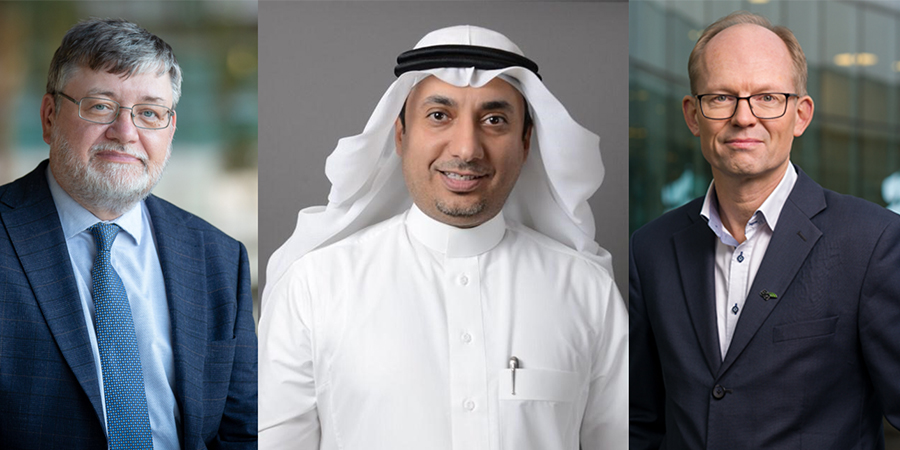Ericsson and King Abdullah University of Science & Technology (KAUST) are entering into a three-year research and development (R&D) partnership focused on three research projects aimed at advancing telecommunication networks with cutting edge technologies.
With current optimization algorithms often involving considerable computational complexity and processing overhead, Ericsson and KAUST will utilize machine learning (ML) for frequency-selective wireless channels, with the aim of using deep learning to solve channel estimation and resource allocation problems for massive multiple-input multiple-output (MIMO) systems. Ericsson and KAUST will look into transparent and flexible intelligent surfaces for 5G and beyond enhanced communication.
The partnership will also focus on 6G capabilities moving to higher frequencies such as Terahertz (THz) for higher data rates. In particular, Ericsson and KAUST researchers will study backup solutions for THz communications to guarantee uninterrupted high-rate backhaul in 6G dense networks.
Professor Bradley, vice president for research at King Abdullah University of Science & Technology said, “We are excited to collaborate with Ericsson to develop novel architectures for future communication networks. KAUST faculty and facilities offer an empowering environment for this cutting-edge research partnership and we look forward to working closely with colleagues from Ericsson to address the key challenges.”
With Saudi Arabia’s Vision 2030 having ambitious communication technology goals, the partnership between Ericsson and KAUST will study and envisage the characteristics of the next generation of 6G communication systems and provide future-proof, high-quality networks and solutions that will prove vital to the country in its realization of Vision 2030.
KAUST and Ericsson believe that the research output will vastly contribute to the development of next-generation 5G and 6G networks. The results of this partnership will also contribute to the ICT research ecosystem and will be published in top-tier journals. Additionally, the exchange of students and researchers between KAUST and the Ericsson Research, Sweden, will allow for an enhanced transfer of knowledge, education and training.
Magnus Frodigh, vice president & head of Ericsson Research at Ericsson said, “Our partnership with KAUST is part of our aspiration to encourage regional innovation by funding local research projects. By working together on fundamental research areas, our partnership with KAUST will help develop and grow the ICT sector of the Kingdom of Saudi Arabia and also help us meet the demands and opportunities of the 6G era.”
Ericsson and KAUST’s research will be a key enabler to government-sponsored digital initiatives aimed at promoting technological innovation throughout the country. It will also lay the groundwork for research into the future of communication helping the Kingdom to become an engine of innovation and creativity.










